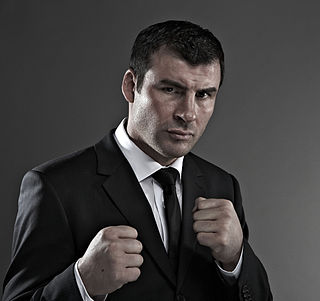A Quote by Saul David
Few remember that the battle of Rorke's Drift was fought on the same day that the British Army suffered its most humiliating defeat at nearby Isandlwana.
Related Quotes
The general who wins a battle makes many calculations in his temple ere the battle is fought. The general who loses a battle makes but few calculations beforehand. Thus do many calculations lead to victory, and few calculations to defeat: how much more no calculation at all! It is by attention to this point that I can foresee who is likely to win or lose.
Producing is so exciting because you can enable things to happen, whether it's like discovering a filmmaker who you're taking a chance on, protecting a battle and driving home at the end of the day just going, 'I'm so glad I stayed late at work and fought hard for that. Had my passion. Won that battle.'






































